Kiddo Pro on How "This" Informs "That": Friendship Will Save Us All If You Listen
We met our good friend, and talented musician, Olive Jones (professionally known as Kiddo Pro) at Coyote Club, a Bed-Stuy-favorite bar, on a Tuesday night to talk about her new and upcoming releases. We thought we’d easily snag a table, but unfortunately, it seemed half of Bed-Stuy arrived at the same time as us. Table-less, we were relegated to the pinball machines where we balanced our drinks on the sloped glass and tried not to get distracted by the blinking lights and blasting music. Olive was to walk us through her creative process and musical history as Kiddo Pro:
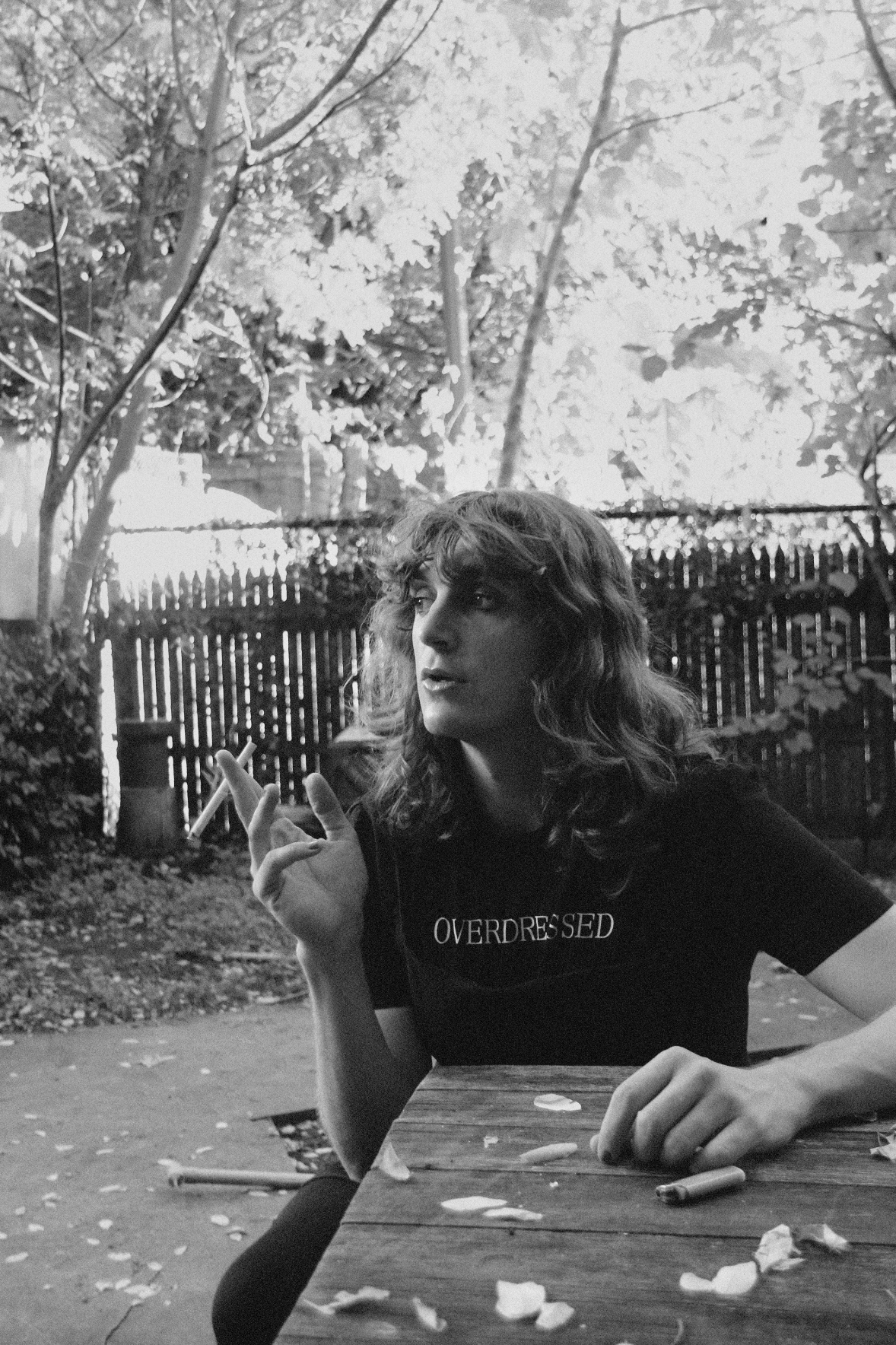
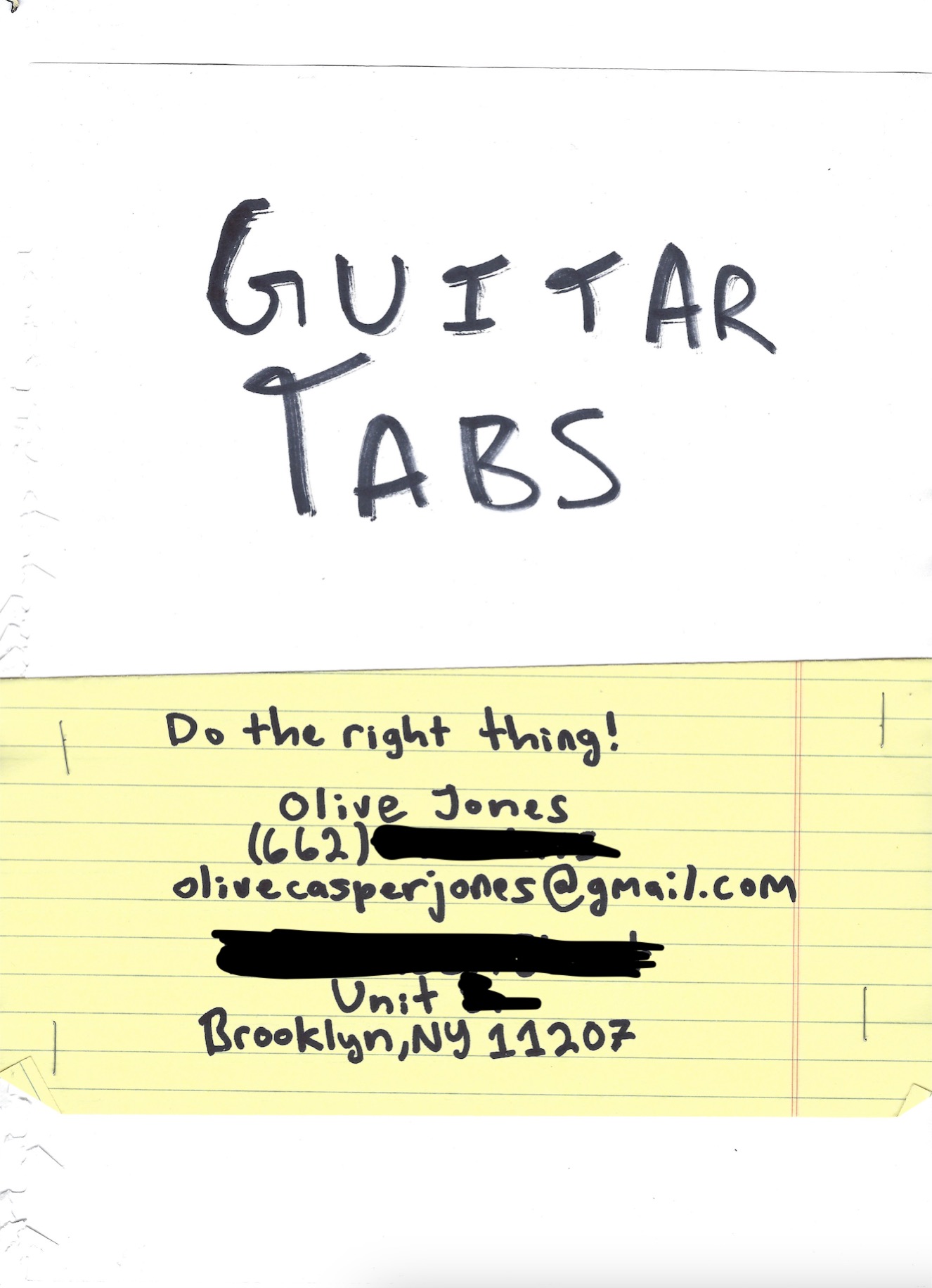
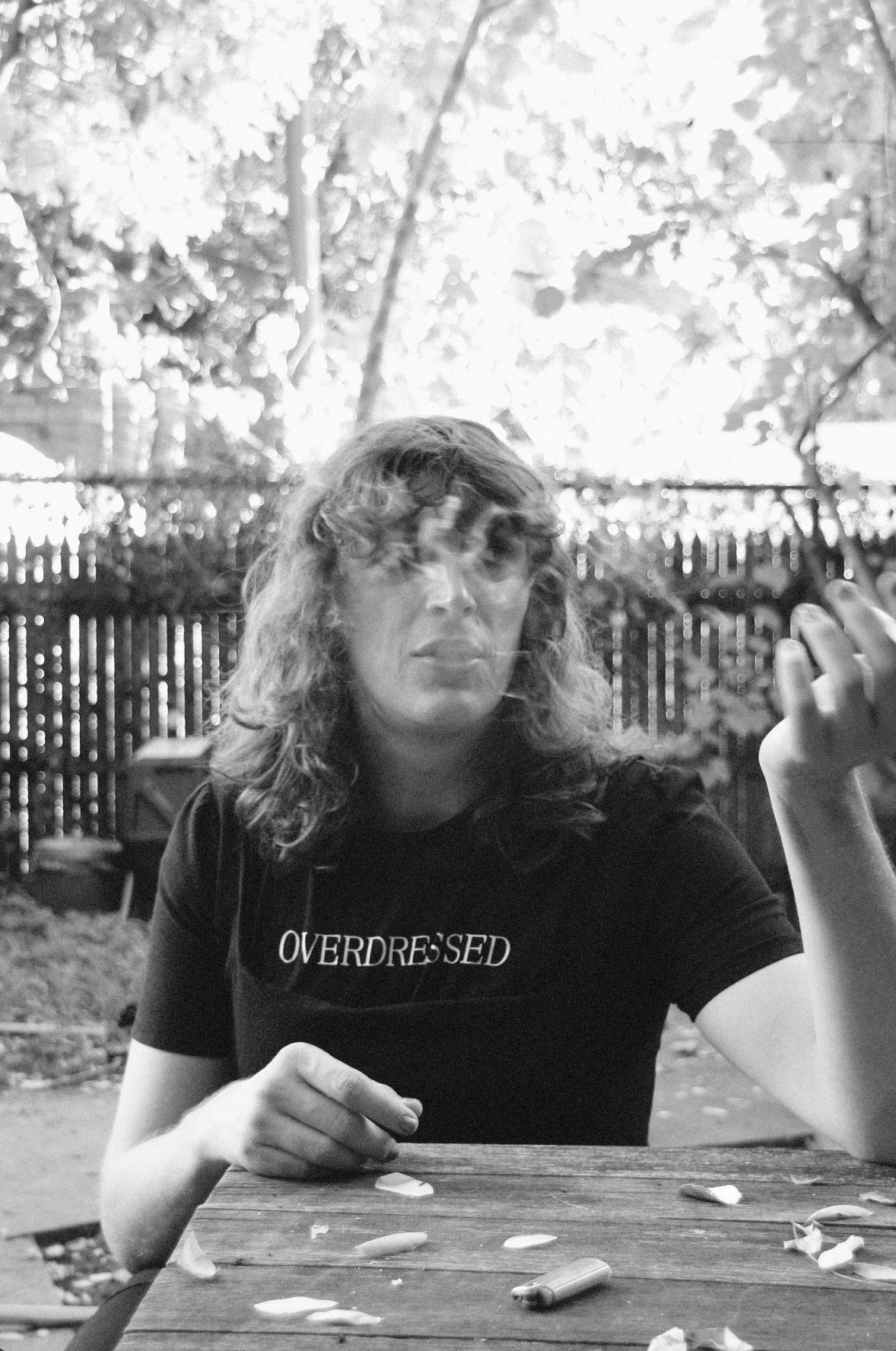
Sarah: This is going to be a real “gotcha” interview. We hope you’re prepared for that.
Olive: This is going to be like that video of Bill Clinton saying, “I don't want to play gotcha.” You know what I’m talking about? There’s a guy with a board game called “Gotcha” sitting across from the Clintons and Bill says “I’m not going to play gotcha.”
Sarah: We're here at the Coyote Club with Olive Jones, AKA Kiddo Pro, to talk about her new album, The Last Five Years and her upcoming single, “Train Station Song”.
Clara: Five out of five stars for [Last] Five Years. Have you actually been doing music for five years? Or has it been longer?
Olive: I guess I started doing music the way that all kids in public school do, which is playing instruments in band class. I played the saxophone and I sang, I did musical theater all throughout high school, but it wasn't something I was crazy about. When I got to college, I started playing in a band, and I was like, “I'm done with all of that lame ass choir and musical theater and stuff.”
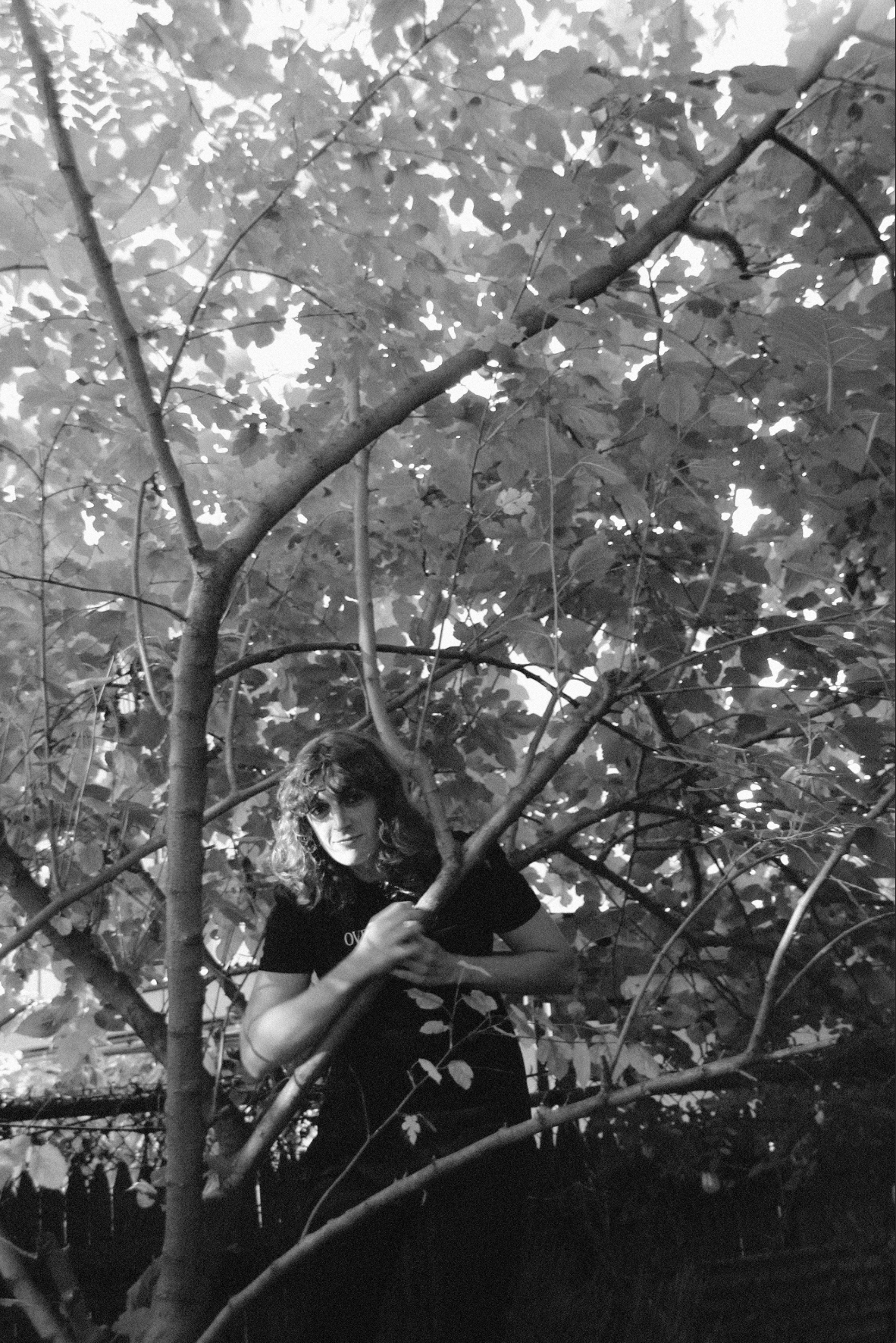
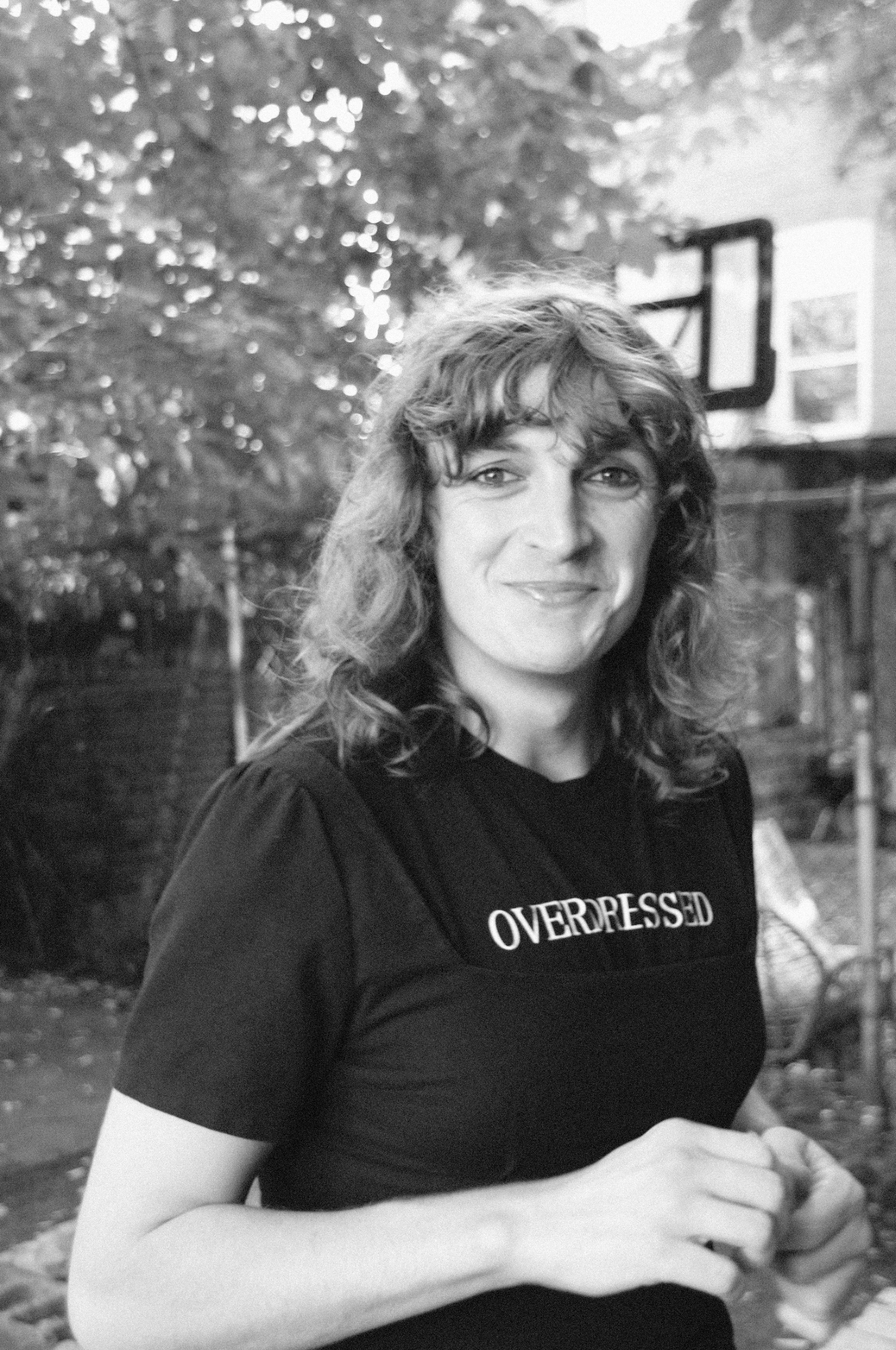
Sarah: When you got to college, did you know you wanted to pursue music in an “academic” way?
Olive: I kind of thought I was done. I guess I kind of always thought once you stop high school there's probably not many opportunities to play music, unless you want to take it super duper seriously. But then I found this whole world that I didn't know existed, people playing DIY shows and making their own music in a way I had never seen before. That really changed things for me.
Clara: How did you meet the first people that you played music with?
Olive: Annabelle, AKA Melted Milk, lived right across the hall from me at Bennington my freshman year. She was already a really talented musician and had already played in bands. Even though I didn't really play the guitar yet, I would see her play and it made me want to play the guitar in a band. There was this band called The Afterbirth, which my friend Cam was in. I auditioned as a guitar player, and I did not get it. But then the person they chose didn't practice “with their soul” and Cam fired him, so I was brought on. I’ve never looked back and I've been playing with Cam for like, eight or nine years… Wow, yeah, since my freshman year of college.
Sarah: It must be really interesting to navigate these more collaborative projects, like Jenny Alien which you now collaborate on with Cam, while also having your own independent musical direction and persona. Does that require some brain switching? Or is it all just floating in the same creative ether?
Olive: It all sort of informs each other, but there’s definitely some separation. My thing is pretty different from Jenny Alien or any other band I play with. There are positives and negatives to working alone. I don't have to compromise at all, but I also don’t have that sounding board. I have to be there for myself and that’s hard. But I think it’s important to see what you can do when you’re unencumbered by other creative voices.
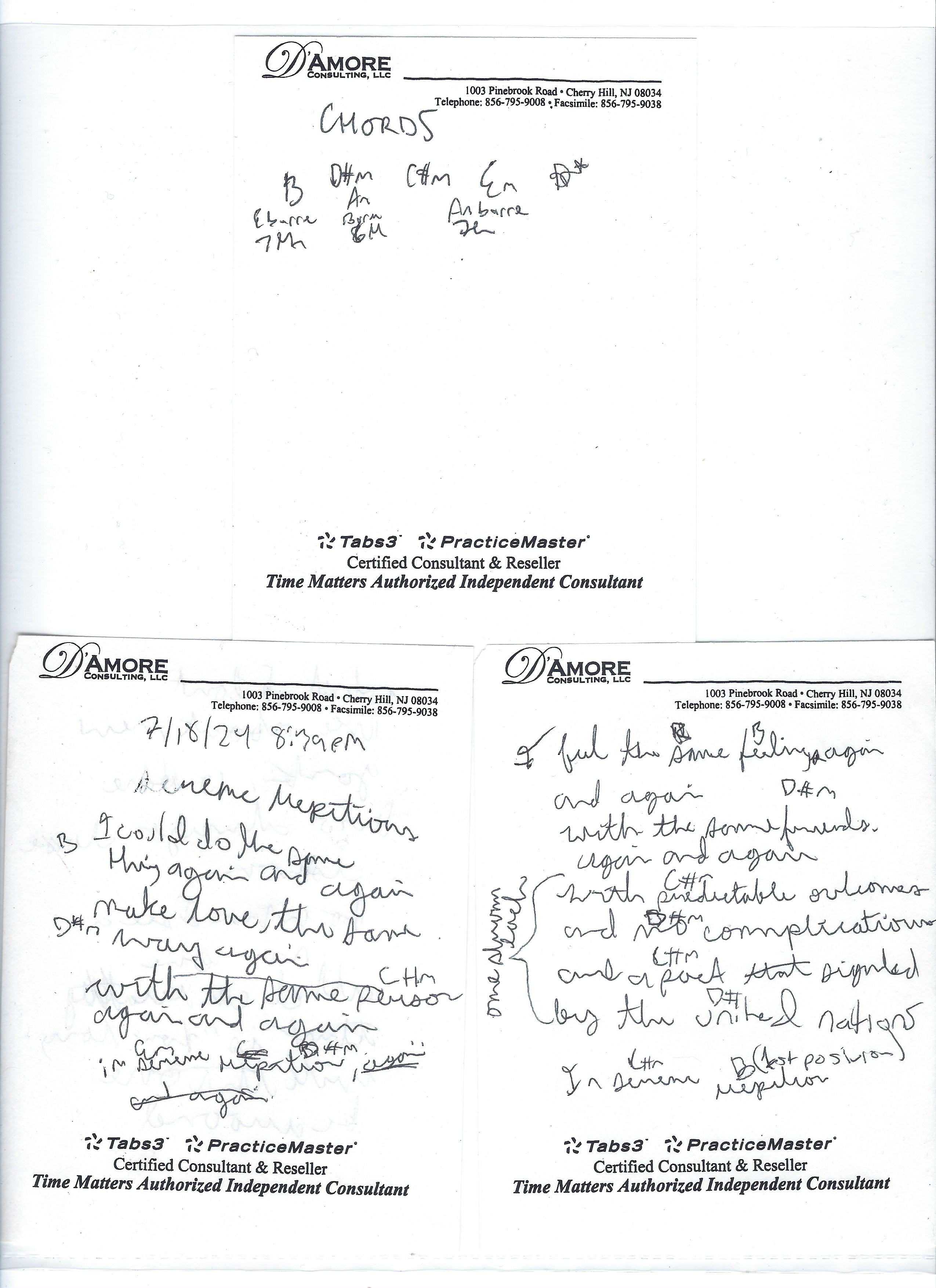
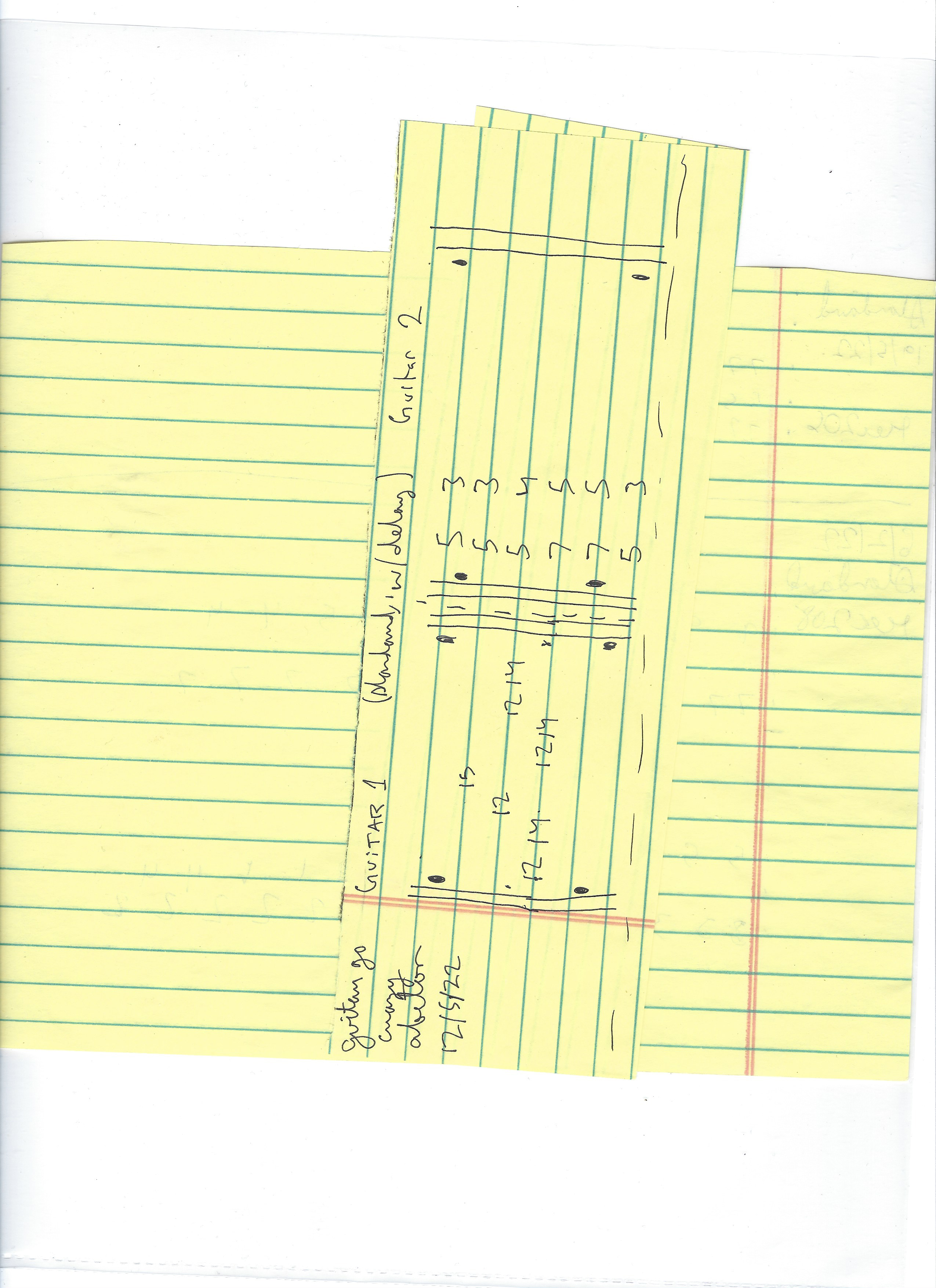
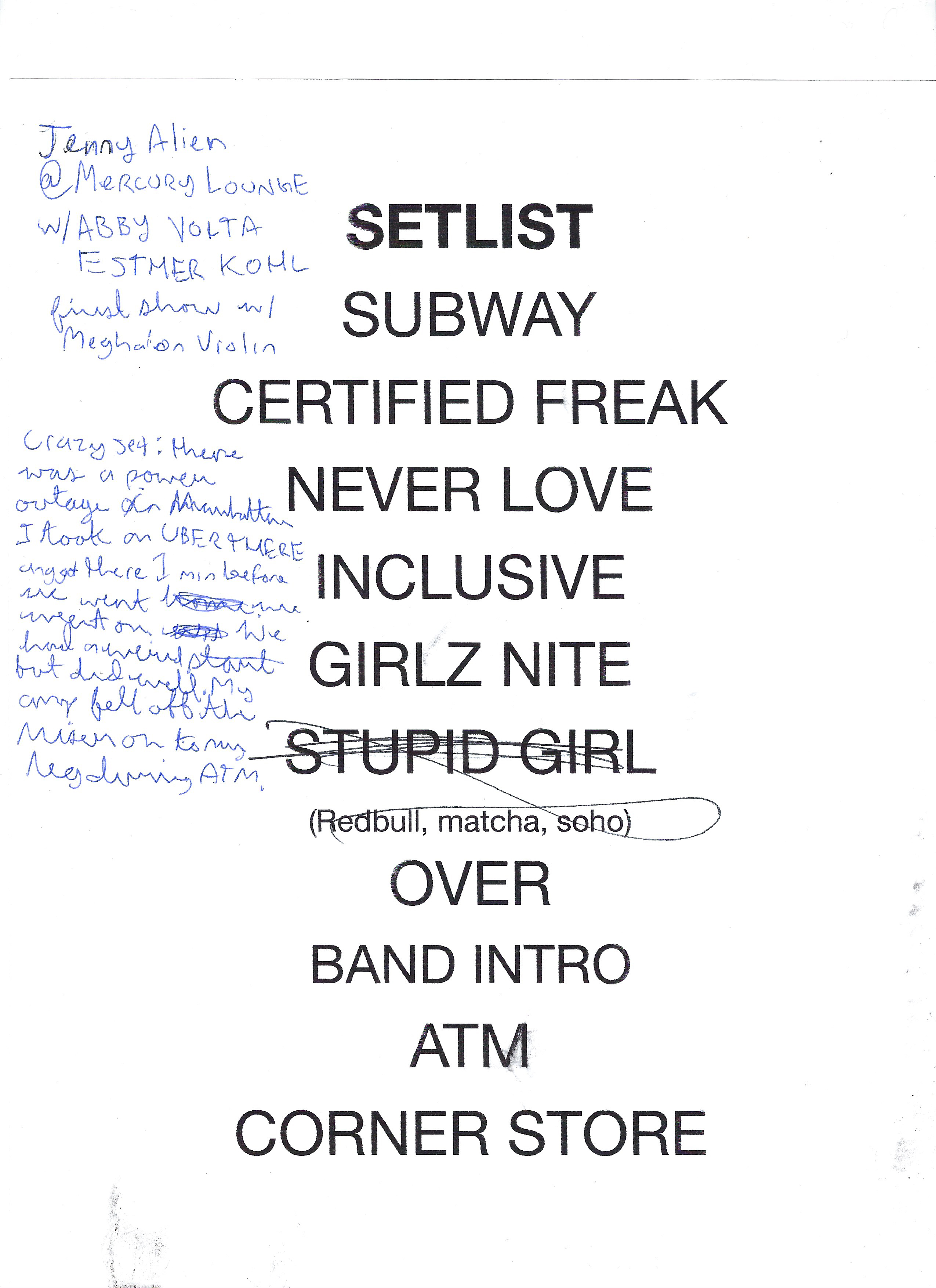
Clara: When you’re creating music alone, are you coming in with a specific idea of what you’re interested in exploring? Or is it more experimental, you just kind of let it flow…
Olive: Let it flow. Exactly. I feel like the process sparks naturally, like I'll hear a sound or an album or a song, I'll see a performance, and that experience acts as the spark. There's kind of a natural build from there where you just have to try things out, do things over and over again. Repeat yourself. Bring in the things you already know how to do. Things you don’t know how to do. And you see if you can make something work.
Sarah: Sounds sort of like a collage-like process.
Olive: Very much so. It’s not just about drawing from my own experiences, it’s about drawing from so many different places, channeling so many different people. Sometimes just ripping them off at certain points in the process. And that’s a difficult thing because there is so much pride and ego around making something original. But I really don’t think anyone is doing something truly original.
Sarah: I heard a writer say once that one of his most important realizations was that books aren’t really about life, they’re about other books. I think that’s true for creating most art, really. What music is your music about? Or whose?
Olive: A lot of my inspiration comes from people who are close to me. Seeing other people playing music, playing with people like Cam and Annabelle, that has been the most inspiring and motivating. They are people who are really, really committed. Being around them has been really important. In college, I was also exposed to a lot of electronic music. People taking pre-existing tape, cutting it up, and essentially remixing that way. One thing I took away from that kind of music is to think in rhythms and pitches. It's like a spectrum, as opposed to thinking of them as two separate pieces. Theoretically, if you could create a fast enough rhythm by playing the drums, you could create a specific frequency from that wave of movement. [Olive demonstrates for us flawlessly.] Those kinds of realizations really broadened my idea of what music could be.
Clara: That relationship with electronic music is a really interesting context for this album.
Olive: I was definitely thinking about those kinds of things a lot when I was making these songs. I was really interested in making music that sounded detached from reality, which was a challenge. But the other songs were challenging too. I think it’s much more vulnerable to sing and speak your own words.
Clara: A lot of these songs are very personal. I mean there’s a huge spectrum of styles going on, but there are some songs that offer a real emotional weight to the whole project. Was it a scary experience to put an album out there that made you vulnerable in that way? Was that a new feeling at all?
Olive: I feel like this was kind of a sneaky way to do it because the more personal bits are mixed in with everything else. The songs, being a piece of a larger album, made it a little bit easier and more casual. That being said, I’ve been sitting on a lot of these songs as works in progress for a long time. I’ve probably been trying to write a song that I felt comfortable enough sharing with people since I was 15 or 16 listening to Mac DeMarco and saying to myself, “Oh my god this is the best music ever.”
Sarah: They say that the music that you listen to at that age, like 14/15/16, really crystallizes in your brain and stays with you in a way that no other music ever does. Do you still think about the musicians you listened to at that age?
Olive: It still hits 100%. I was talking to someone the other day about this feeling of – not to be super Gen Z about it – but feeling cringe about certain music or musicians we used to like. That feeling is a bad reason not to listen to something. With musicians especially, people want to feel like they’re in on something really cool.
Clara: Totally. What about the more experimental music that you make? Why does that draw you in? What is your process there?
Olive: I just think there’s something really exciting about it. It’s sort of an intangible thing, there’s just a feeling that I get when I listen to it… Everyone who makes art of any kind has suffered from this experience where you just listen to something you made and the process of making it just hits you all of the sudden. When I was like 19 I started using this program called VCV Rack which is like a modular synthesizer but on your computer. It was free, and it still is free, and I got to listen to people who were doing something that sounded totally insane. There was just this immediacy of like, I have to start using this program. I had been really frustrated trying to learn music before that, but using VCV RACK was something I learned to do really quickly and all of the sudden I had the means of expressing the feelings that I was having.
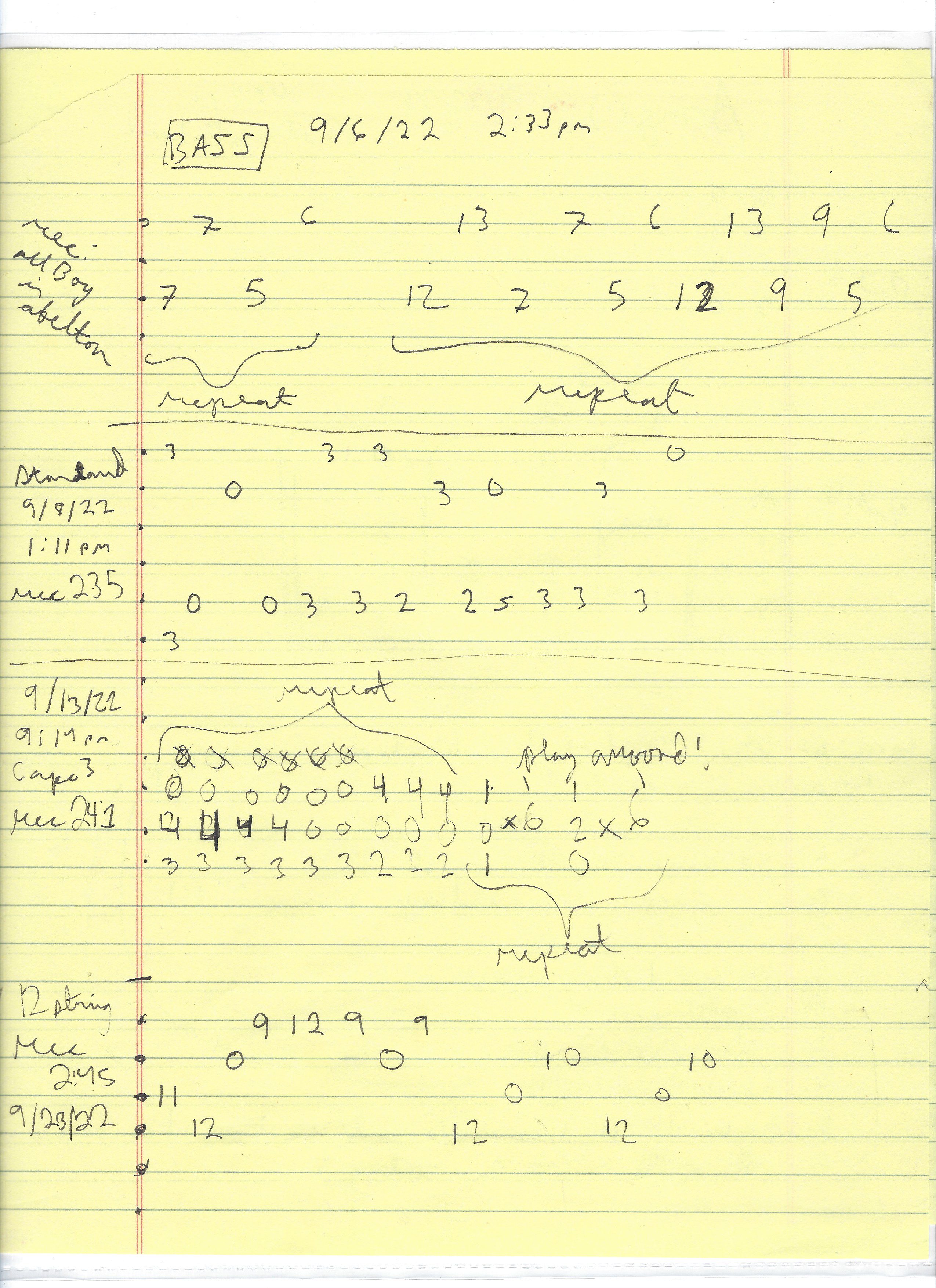
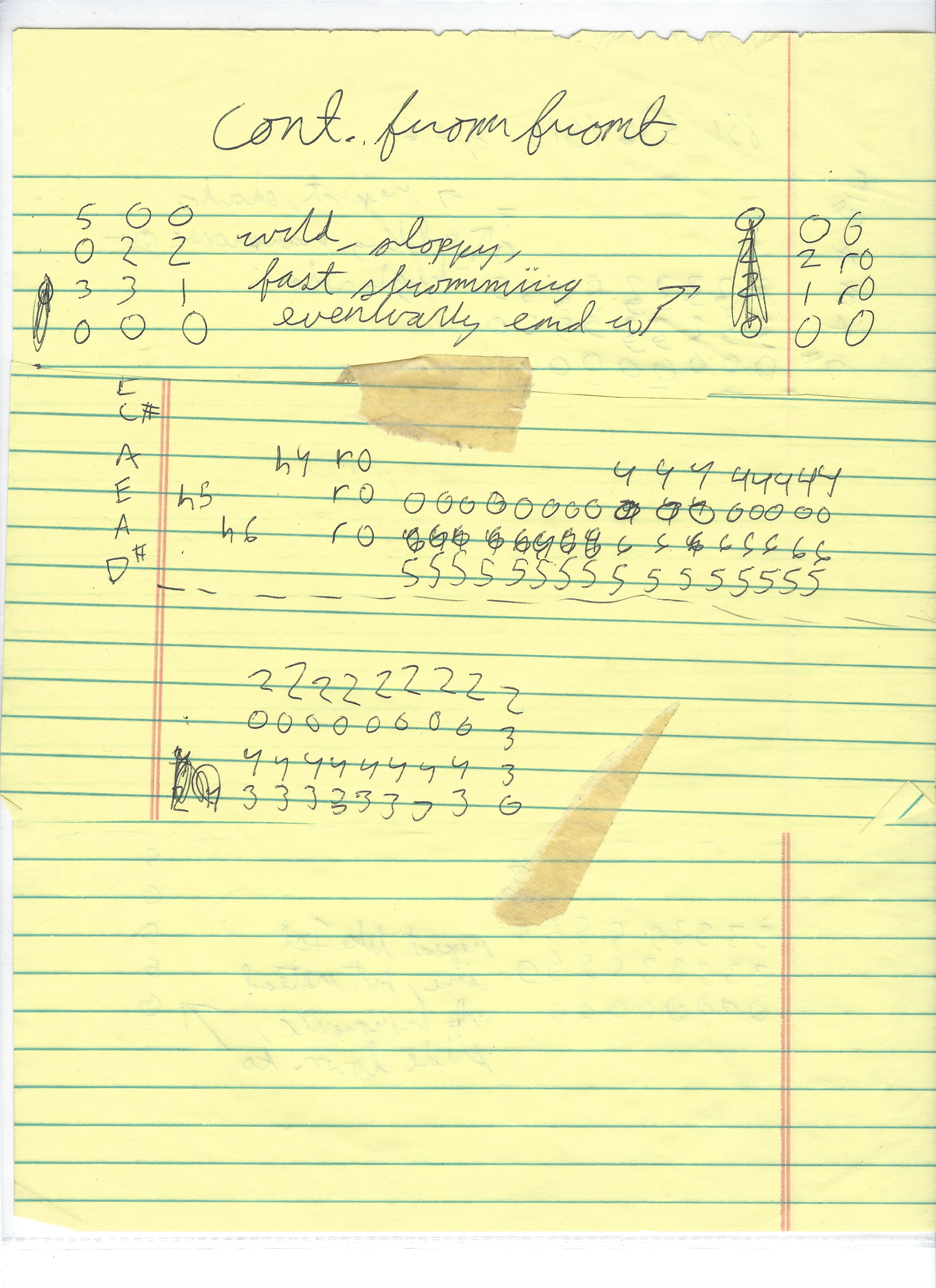
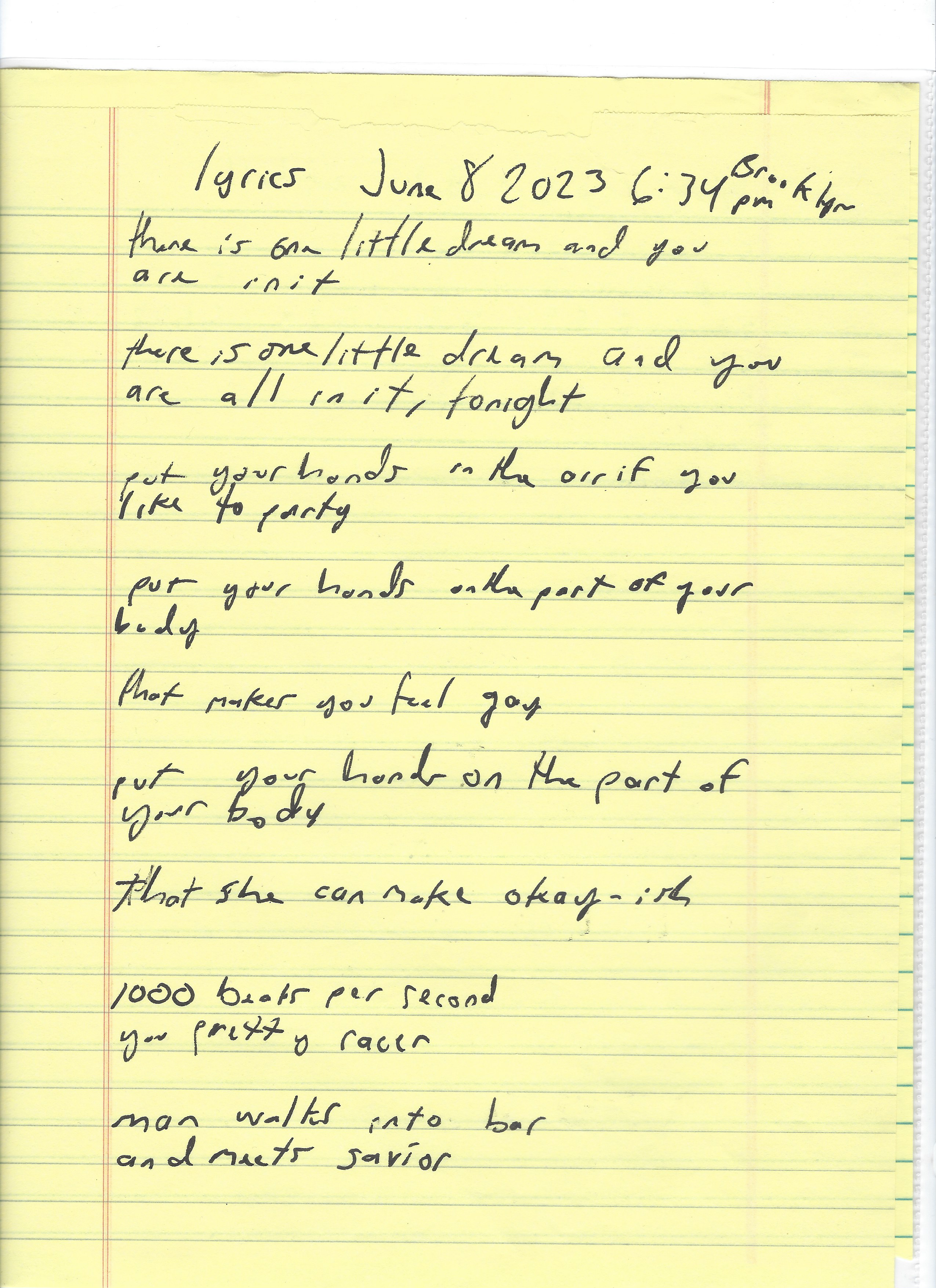
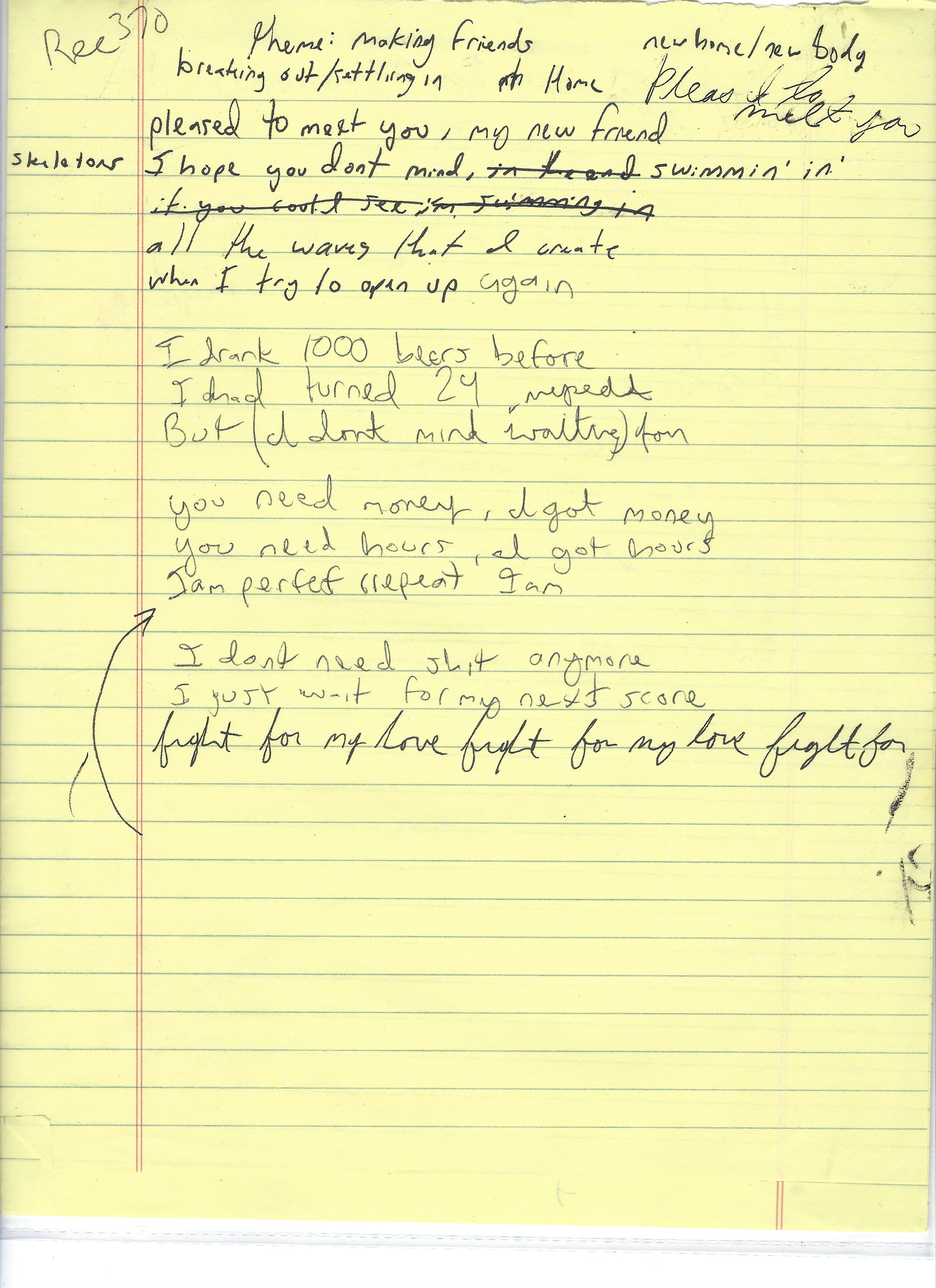
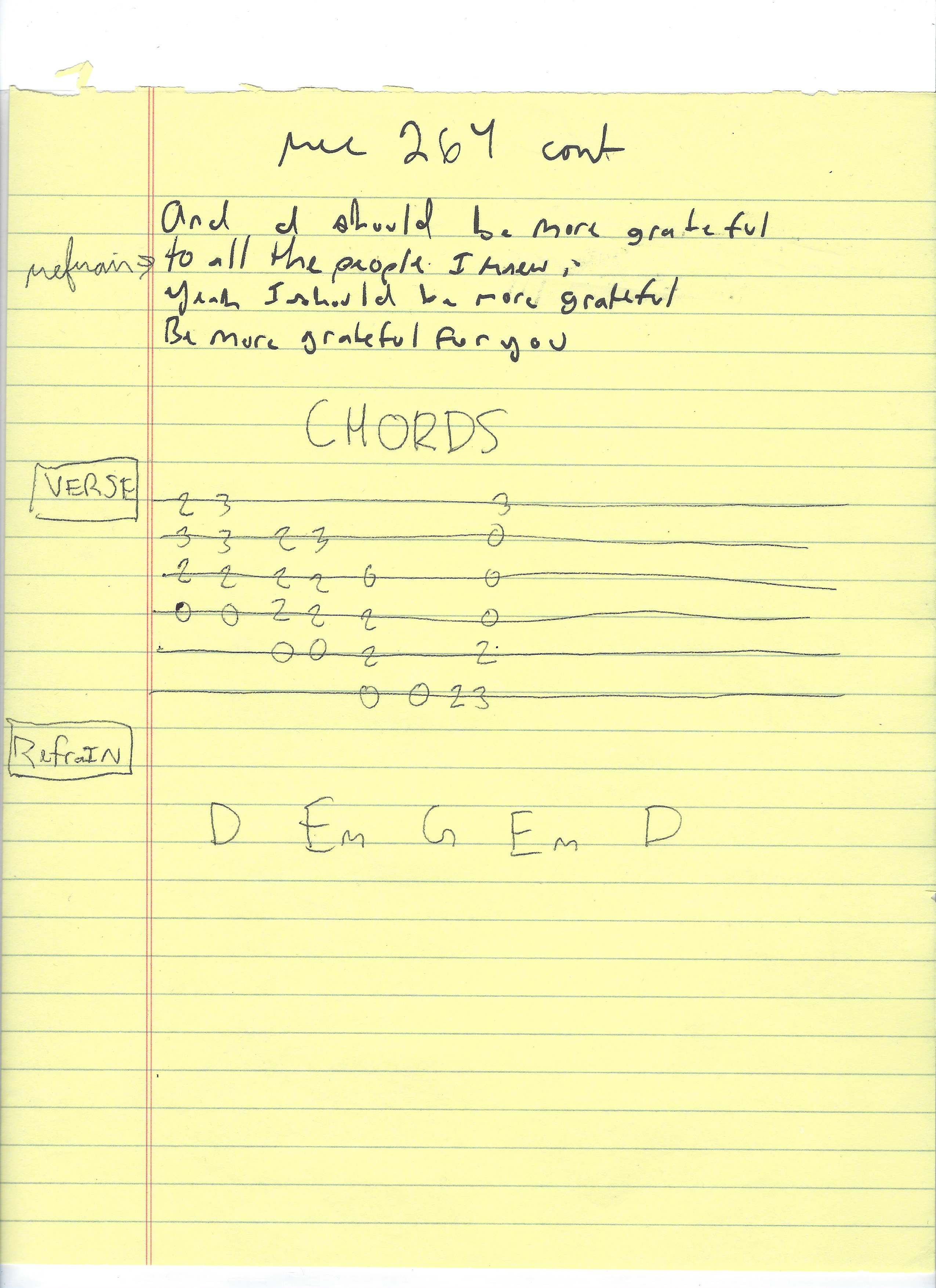
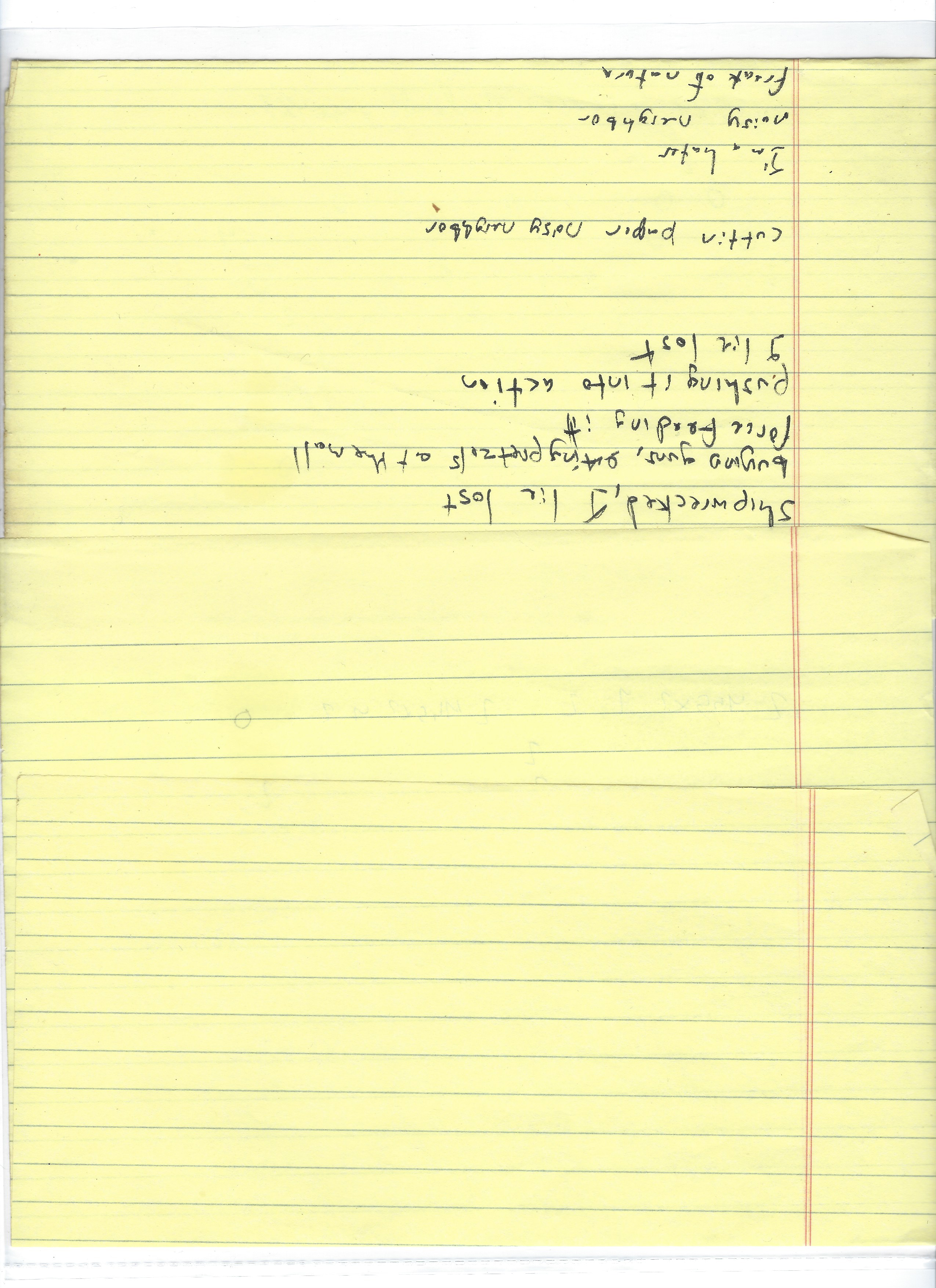
Clara: We hear you’re releasing a new song… tell us more!
Olive: It’s called “Train Station Song”. It’s about my experiences on the train and moving around a lot. I had a period around two years ago, when I first wrote the song and I had just gotten back from two years of kind of floating around the US and spending a little bit of time in Europe. And when I got back, this song felt like the first step on a new journey. This song is properly produced and recorded by someone who, you know, knows how to do all that stuff, which is fun. It’s also been really difficult. It’s a different, less instant gratification-y way to make music. Recording requires a lot of disjointedness that I find really new and confusing. A lot of what I’ve done prior to this song was just making it and then immediately releasing it so there’s no time to think about it. But now, I have to relisten to the song I made again and again and again. It’s the most straight up song I’ve ever done.
Sarah: It sounds like “Train Station Song” will have a totally different tone than The Last Five Years.
Olive: Yeah, I was really thinking about recapturing the feeling I had when I first started making my own music. There’s something so amazing about trying something for the first time. I mean, I’ve made a lot of music but this process is something that I’m new to. It’s invigorating and it gives me sort of that beginner’s mindset. I think sometimes after you learn something new you plateau a little, and then you just wade through it and push yourself and hopefully grow again. Like the SplashLand Talent Show, which was [at the time of this interview] two days ago. Being vulnerable like that, singing and playing guitar acoustically is something that’s new to me. It’s cool because I’ve been doing stuff on stage my whole life, but all the sudden before the show I was anxious and worried about doing it exactly the way I wanted to. That forced me to push through. In the end I’m glad I did it and got up there.
Check out Kiddo Pro's Spotify, Instagram, and more! HERE!